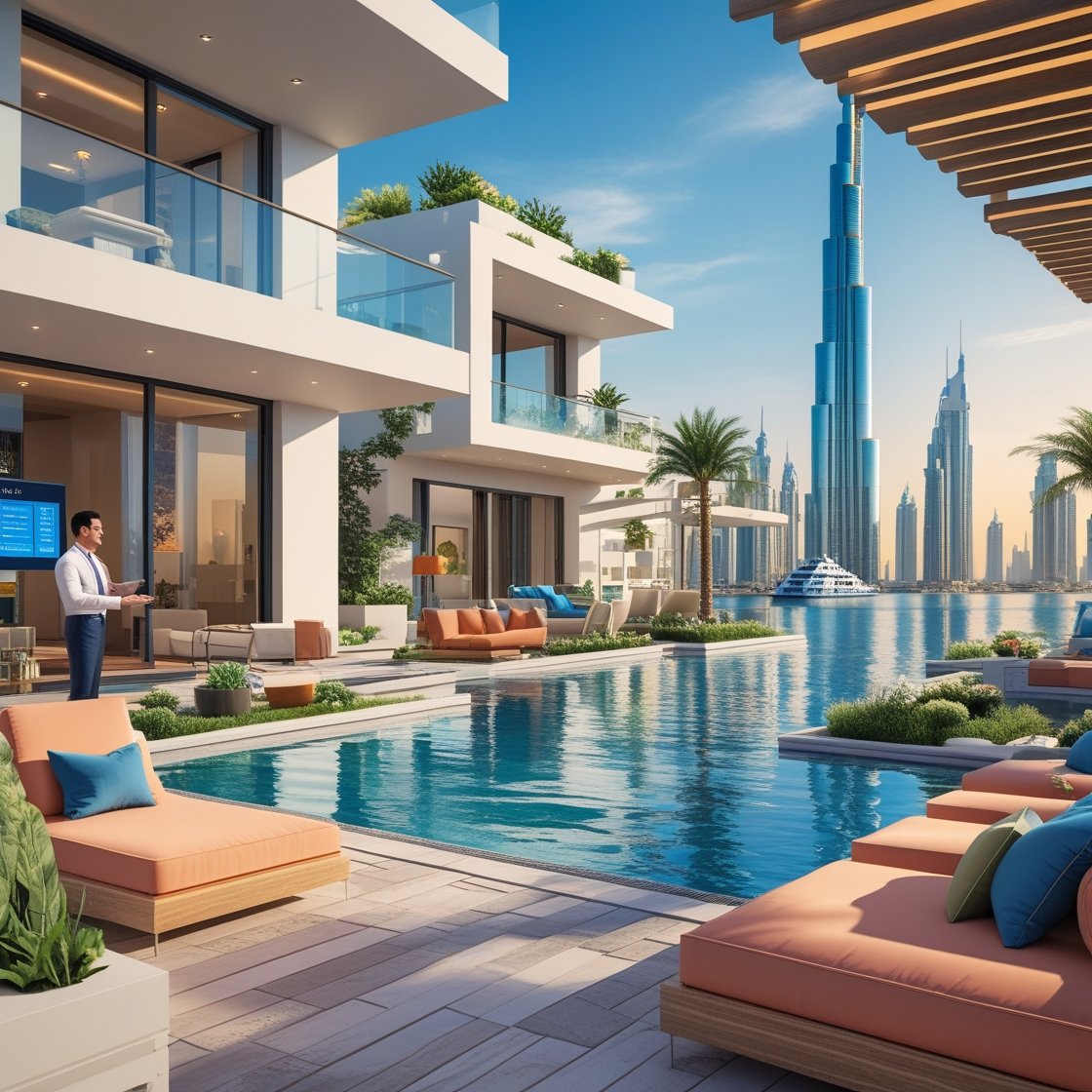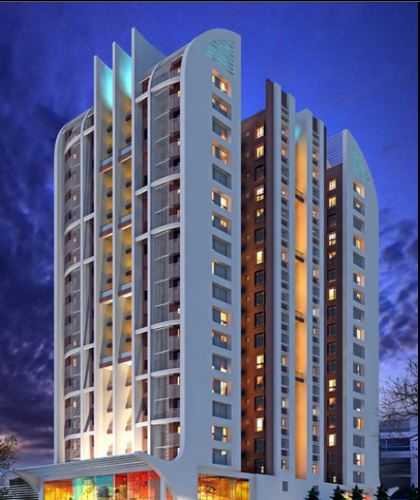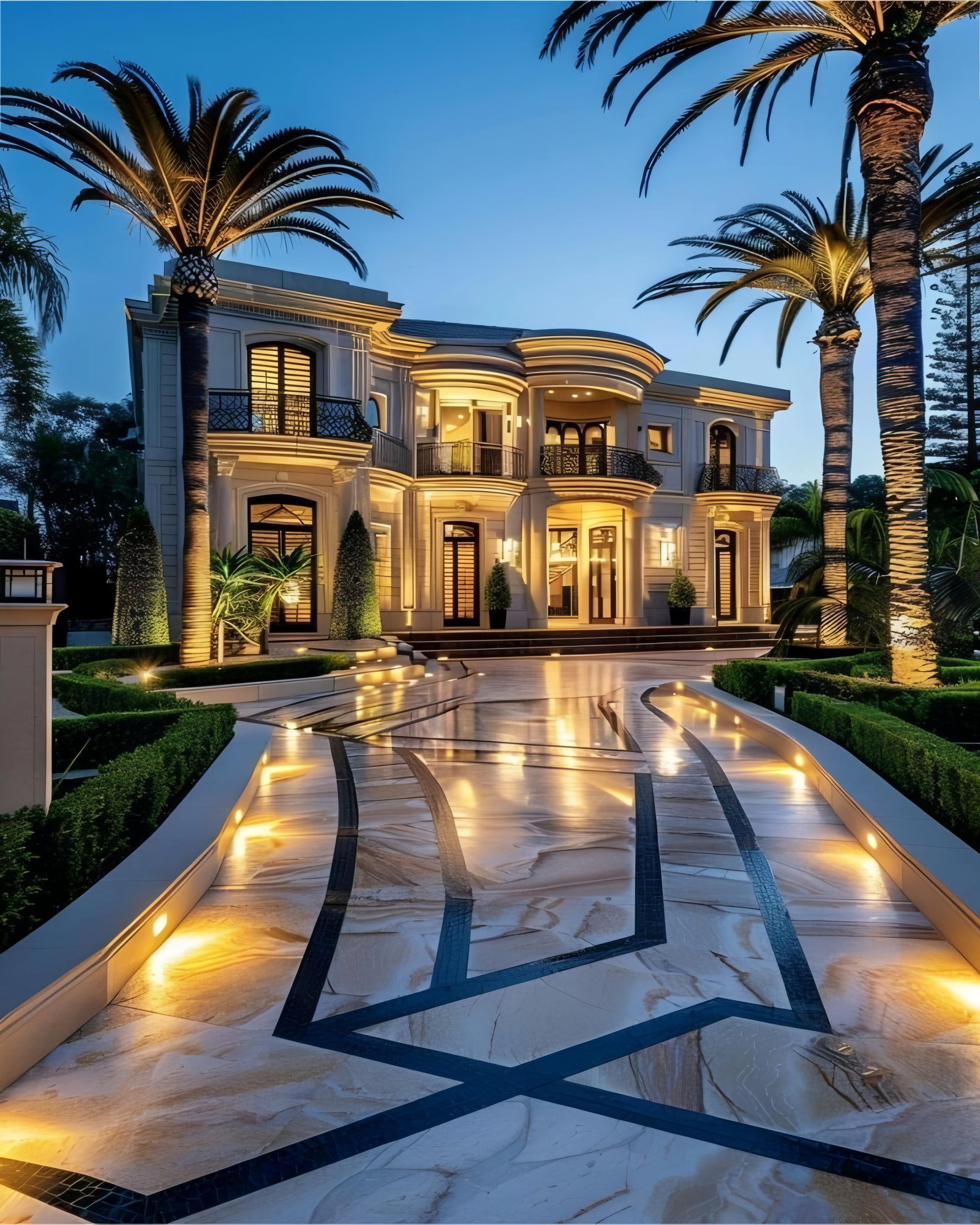
The Role of Foreign Investment in Shaping Dubai's Real Estate Landscape
Dubai offers a unique blend of modern infrastructure, strategic location, and business-friendly policies, making it an appealing destination for investors. Over the years, the city has transformed from a desert town into a thriving urban hub with iconic buildings, residential communities, and commercial spaces. Foreign investment has played a crucial role in this transformation by bringing in capital, expertise, and global standards.
One of the main reasons foreign investors are attracted to Dubai's real estate market is the government's supportive policies. The introduction of freehold property laws in 2002 allowed foreigners to own property in designated areas. This move opened the doors for international buyers, boosting demand and encouraging developers to create high-quality projects. Additionally, Dubai's tax-free status on property income and capital gains has further enhanced its appeal, making it a preferred destination for investors seeking profitable opportunities without the burden of taxes.
The city’s strategic location also plays a significant role. Situated between Europe, Asia, and Africa, Dubai serves as a global business hub, attracting professionals and entrepreneurs. This has increased the demand for residential and commercial properties, prompting foreign investors to invest in various real estate segments, including luxury apartments, villas, and office spaces. Dubai’s well-connected transportation network, including a world-class airport and seaports, further supports its role as a gateway for international trade and commerce, which in turn boosts demand for real estate investments.
Foreign investment has not only contributed to the construction of luxury properties but has also driven the development of affordable housing and mixed-use communities. These projects cater to a diverse population, ensuring that the real estate market remains balanced and sustainable. International investors often bring in new ideas and standards, leading to the adoption of modern technologies and sustainable practices in construction. Green building initiatives, smart home technologies, and energy-efficient designs are becoming standard in many new projects, reflecting the influence of global best practices.
Moreover, foreign investment has played a significant role in boosting tourism-related real estate. Dubai's popularity as a tourist destination has led to the development of hotels, resorts, and serviced apartments. International investors have partnered with local developers to create world-class hospitality projects that cater to the growing number of tourists visiting the city each year. Attractions such as the Burj Khalifa, Palm Jumeirah, and Dubai Marina continue to draw millions of visitors, further stimulating demand for short-term rental properties and hospitality-related developments.
The impact of foreign investment is also evident in the commercial real estate sector.
As multinational companies establish regional headquarters in Dubai, there is a growing demand for office spaces and commercial properties. Foreign investors have seized this opportunity by funding commercial projects that meet the needs of international businesses. This, in turn, has strengthened Dubai's position as a global business center. The introduction of specialized free zones, such as Dubai Internet City and Dubai Media City, has further encouraged foreign companies to set up operations, thereby increasing demand for commercial real estate.
In recent years, the Dubai government has introduced several initiatives to attract more foreign investment. The introduction of long-term visas for property investors, retirees, and skilled professionals has encouraged more people to invest in Dubai's real estate market. These policies provide investors with greater stability and confidence, leading to increased investment in both residential and commercial properties. The Golden Visa program, for instance, offers extended residency options for investors, providing them with the opportunity to establish long-term ties with the city.
Furthermore, Dubai's commitment to hosting international events like Expo 2020 has had a positive impact on the real estate sector. Such events attract global attention and bring in foreign investors looking to capitalize on the city's growing prominence. The infrastructure developments associated with these events, including transportation networks and urban amenities, further enhance the attractiveness of Dubai's real estate market. The success of Expo 2020 has positioned Dubai as a city capable of hosting large-scale international events, adding to its appeal among global investors.
Foreign investment has also led to increased competition among developers, resulting in better quality projects and innovative designs. Developers are now focusing on creating lifestyle-oriented communities that offer residents a blend of luxury, convenience, and sustainability. This competition has raised the overall standards of Dubai's real estate offerings, making it more appealing to both local and international buyers. The emphasis on community living, with integrated amenities such as parks, schools, and retail centers, reflects a shift towards holistic urban planning influenced by global trends.
Despite the numerous benefits, foreign investment in Dubai's real estate market also comes with challenges.
Fluctuations in global economic conditions can impact investor sentiment, leading to market volatility. However, Dubai's diversified economy, robust regulatory framework, and proactive government policies have helped mitigate these risks, ensuring the market remains resilient. The establishment of the Real Estate Regulatory Agency (RERA) and the implementation of transparent legal frameworks have further boosted investor confidence by safeguarding property rights and ensuring fair practices.
Technology has also played a role in attracting foreign investment. Dubai has embraced digital transformation in its real estate sector, with online platforms simplifying the property buying process for international investors. Virtual property tours, blockchain-based transactions, and AI-driven market analysis tools have made it easier for foreign investors to explore opportunities without the need for physical presence. These technological advancements have not only enhanced accessibility but also contributed to the overall transparency of the market.
In conclusion, foreign investment has played a pivotal role in shaping Dubai's real estate landscape. From luxurious residential properties and commercial spaces to tourism-related developments and sustainable communities, international investors have significantly contributed to the city's growth. With supportive government policies, strategic location, and continuous innovation, Dubai's real estate market is set to remain a top destination for foreign investment in the years to come. As Dubai continues to position itself as a global hub for business, tourism, and luxury living, foreign investment will undoubtedly remain at the heart of its real estate success story.






Leave a Reply
Comments